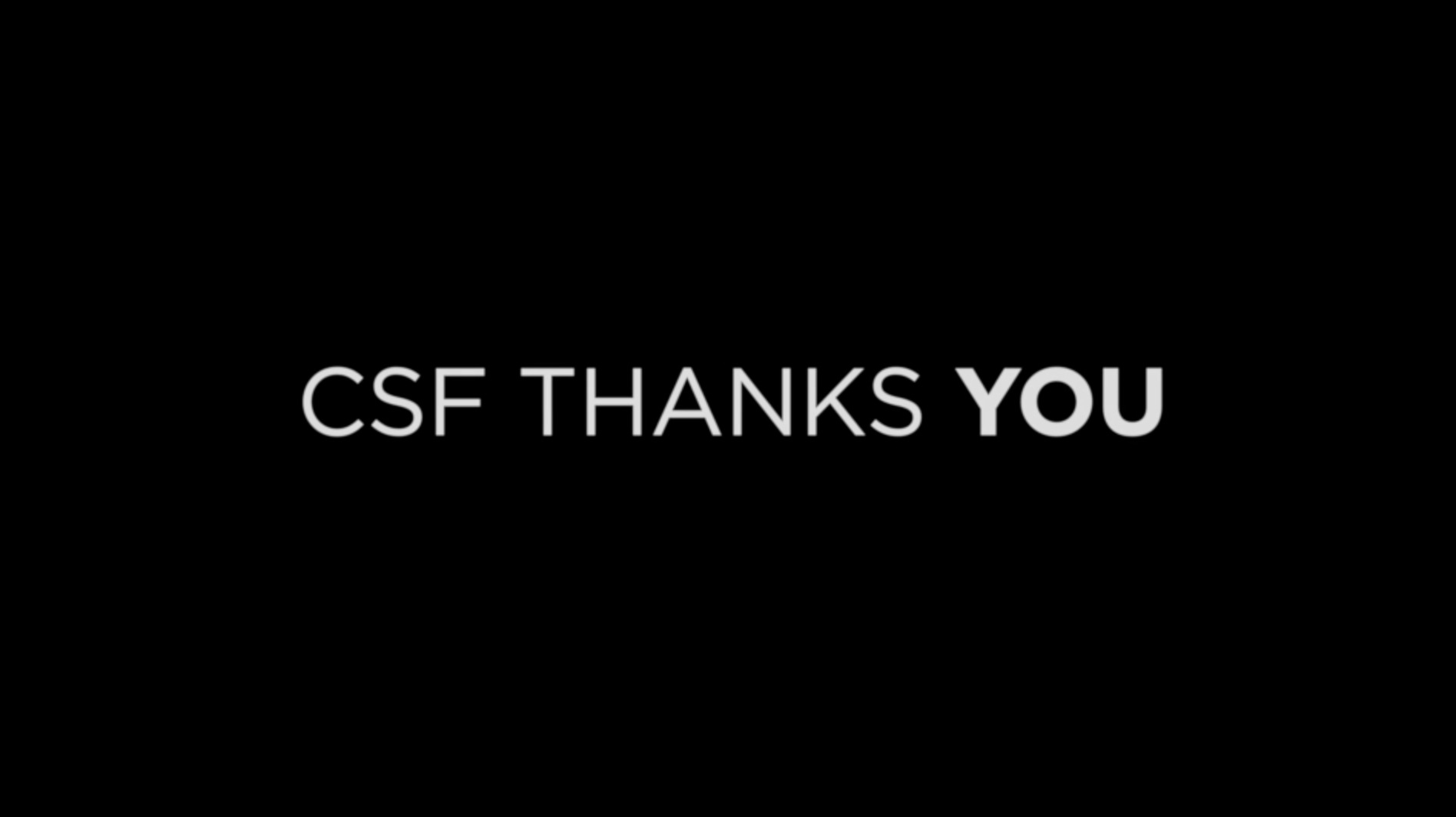News
MFP Finalists at the January Workshop in Bogor. Photo credit: Adil Firdaus
We are pleased to announce the 2017 Indonesia Marine Fellows! Congratulations to the six selected candidates:
Reny Puspasari
Climate Variability Impact To Sardine Fisheries In Bali Strait and Its Economic Consequences
Widhya Nugroho Satrioadjie
Investment in obtaining information of unreported catch and FADs: preparation/compliance on traceability fisheries system
Akhmad Solihin
Photo credit: Jason LaiThe Marine Fellowship Program (MFP), a collaboration between Conservation Strategy Fund (CSF) and the Faculty of Fisheries and Marine Sciences at Bogor Agricultural University (FPIK-IPB), will support six talented analysts in the field of fisheries and marine economics. The selected fellows will start their research in February 2017.
CSF Indonesia would like to thank all the applicants to the Marine Fellowship Program (MFP). We received many excellent applications, and are proud to announce the 18 finalists whose project titles are listed below:
CSF's Fernanda Alvarenga doing a presentation during one of the value chains workshops.
Ferdinand Mwapopi and Elisa López at the COP-13 in Cancún, Mexico. Photo credit: Elisa López
CSF participated in a meeting held on October 27th, 2016, at the Federal District Urban Development Agency (Terracap) in Brasília. The meeting’s goal was to contextualize and carry out the facilitation process and data collection with members of the Aliança Cerrado, to be used to support the design of the new Forest Compensation Law of the Federal District.
This meeting was conducted by Pedro Gasparinetti, CSF consultant, and opened by Raul do Valle, from the Environmental Department of the Federal District (SEMA-DF).
Local media in Colombia covered an analysis carried out by CSF on the economic potential of international birding tourism to Colombia. This study, conducted with the National Audubon Society and the University of The Andes has played an important role in both convincing Colombia’s government to launch its bird tourism strategy, and suggesting that protection of important bird areas and local capacity building be part of the approach.
Every day, support from donors like you makes our work possible. Are you willing to make a special year-end donation to help us protect ecosystems around the world?Please, click here to make your donation now.
Zebras at Etosha National Park. Photo credit: Camila Jericó-Daminello










